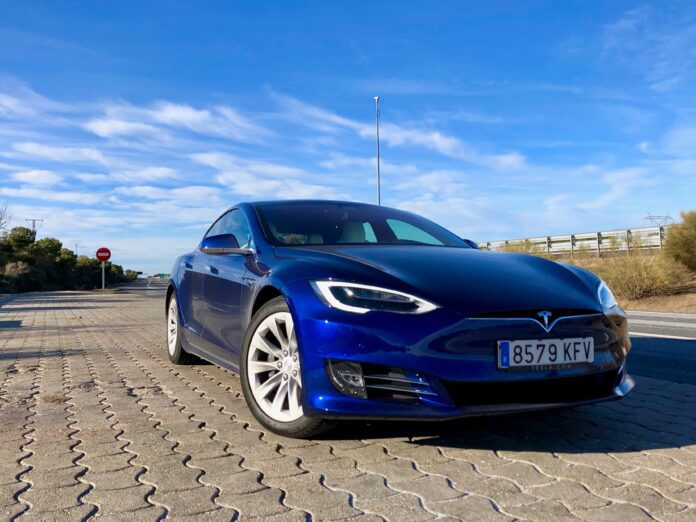Following the news that speed limits in built-up areas look set to be reduced from 30mph to 20mph in Wales from next year – a UK first that has caused some controversy among some drivers.
Ministers say a 20mph speed limit will lower road collisions and traffic noise and encourage people to walk and cycle.
However, will this lowered traffic noise be a problem to those who suffer from a hearing impairment? Electric cars and e-scooters feature near-silent motors that can pose a significant hazard to the hearing-impaired community. Pedestrians’ inability to hear them could potentially result in more collisions and serious injuries.
Katie Ogden, Training Manager of ReSound North-West Europe, discusses the danger of electric cars and e-scooters for pedestrians with hearing loss and why it is crucial that safety measures are being put into place, as they become increasingly more common on UK streets as the sale of new petrol and diesel cars will be banned from 2030 onwards.
E-scooters
Across the UK, there have been 460 accidents involving e-scooters that have resulted in 484 casualties in 2020. Great Britain has acknowledged that these silent scooters are a danger to pedestrians, especially those with hearing loss and are implementing a variety of precautions.
The English capital of London has already seen its social hub Camden ensuring that all e-scooters are fitted with bells and lights, and riding on the pavement will be a punishable offence with a fixed penalty fine of £50. Hampstead has also put in place speed limits, mandated scooters to just roads and created ‘no-go’ zones to protect pedestrians walking in parks and open spaces.
A survey found that 73% of Brits think that e-scooters should be fitted with audio signals to warn people with disabilities of their presence, and this is particularly prevalent for those that suffer from hearing loss.
The largest e-scooter provider in the UK Voi is leading the way by adding artificial sound to their scooters in the cities of Birmingham, Bristol and Liverpool to protect pedestrians with disabilities.
Electric cars
Over half (54%) of individuals think that electric cars are a threat to pedestrians if they are left in silent mode. The silent danger not only poses a risk to all pedestrians, but an increased risk for hearing-impaired members of the public.
In 2021 a new law was put into place stating that all electric cars must have an AVAS system to ensure all pedestrians are able to hear the vehicles and safely cross the road.
This system generates sound when either the electric car is reversing or running below 12 mph, to alert passers close by.
As pedestrians are most likely to be close to electric vehicles when they are travelling at lower speeds, it is important that the sound can be heard by all members of the public, including the hearing impaired. That’s why the law states that the volume of the noise has to be a minimum of 56db but also must not exceed 75db.
Further information can be found at https://www.resound.com/en-gb/hearing-aids

| [donate]
| Help keep news FREE for our readersSupporting your local community newspaper/online news outlet is crucial now more than ever. If you believe in independent journalism,then consider making a valuable contribution by making a one-time or monthly donation. We operate in rural areas where providing unbiased news can be challenging. |



















